This profession represents between 4% and 10% of the labour force in developing countries (2,5 million in Europe according to Eurostat). Furthermore, this sector is expected to grow in the next decades. However, in many countries, it also suffers from a lack of regulation and recognition.

Within the framework of the Erasmus+ Sector Skills Alliances programme, the objective of the European project PRODOME is to develop the professionalisation of domestic workers in Europe (download the leaflet, the poster and the infographic).
In order to help resolve this issue, three main topics will be tackled until October 2019:
through the study "The state of the art of domestic work in Europe", which will firstly allow for an analysis of the current situation, thanks to desk and field research.
This training will use the "blended learning" format and will be tested in two piloting countries: Spain and Italy. Both transversal (such as IT or "green" skills applied to the household) and specific competences will be included.
During this project, 5 deliverables are expected:
To achieve this, both desk and field research will be conducted. To support this study, interviews will be held with 10 VET providers, 5 policy makers and 40 domestic workers. Additionally, around 10 experts will be contacted. All these interviews will be done in each of the three countries participating in the project.
To establish these documents, 30 domestic workers and experts will be consulted on the competence framework and 15 on the curriculum design.
A blended learning system will be put in place via the online learning platform. A training kit will also be created and adapted in 4 languages: French, English, Spanish and Italian. A trial run will be organised with 40 domestic housekeepers in Italy and Spain (20 per country).
This document will be based on desk research, 5 policy visits (4 participants per country), 5 consensus workshops as well as meetings with national and European experts.
will be organised in Paris in 2019 to end the project and present the roadmap for professionalising domestic work in Europe. On this occasion, two workshops will be organised to give the floor to the main stakeholders.
The project brings together 8 partners from 4 countries of the European Union: France, Spain, Italy and Belgium.
PRODOME‘s aim is to develop the professionalisation of domestic housekeepers in Europe. It will involve:
Vocational Education and Training providers per member state.
policy makers per country.
sector experts per country.
domestic workers in the 3 member states.
Generally speaking, this project is aimed at all people likely to be interested in the profession of domestic worker and the sector of household employment between individuals.
The PRODOME project brings together a group of 8 partners over 4 member states (France, Spain, Italy, Belgium) in order to develop the professionalisation of domestic workers in Europe.
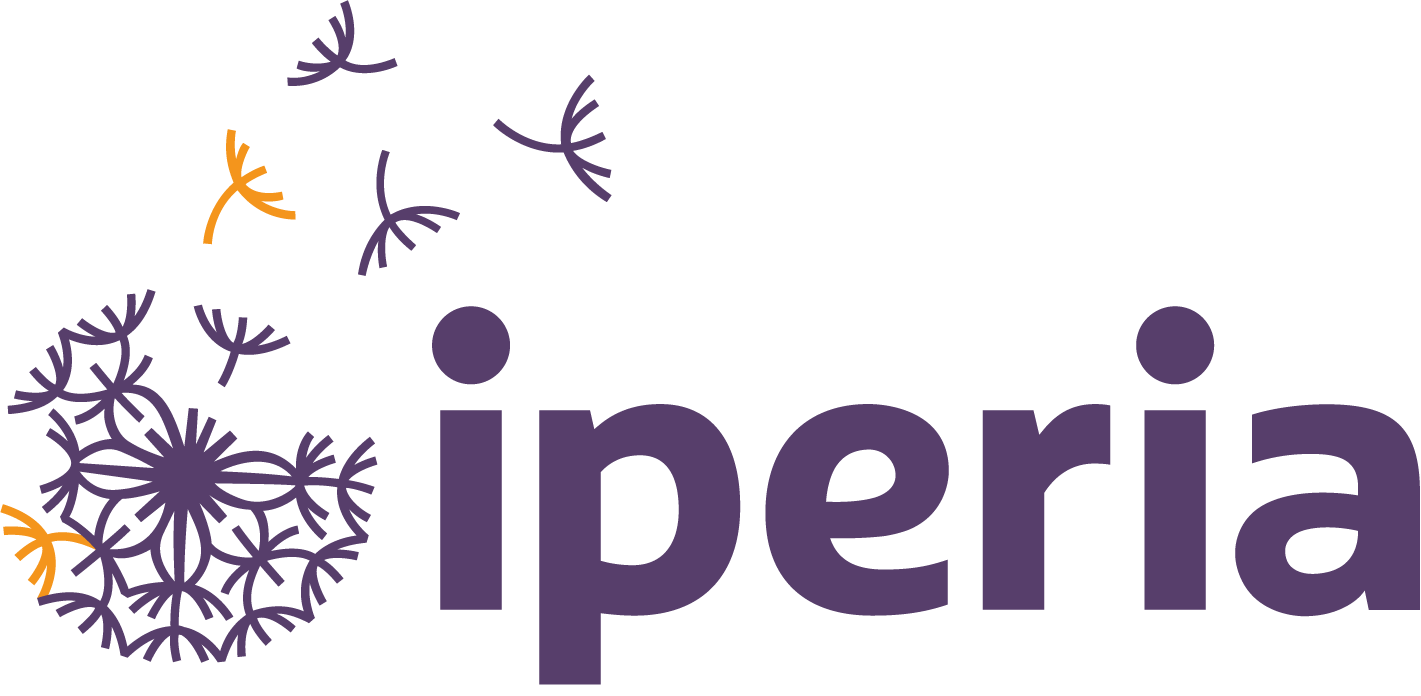
IPERIA l'Insitut, project coordinator, is, as a first step, in charge of creating the competence framework and the curriculum design. Its second task will be to coordinate a report on a future European certification for domestic workers. L'Institut is also in charge of external communication for the project.
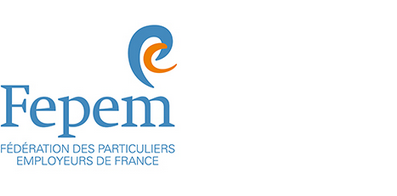
FEPEM will participate in the various activities of the project in France, particularly those related to the institutional partners. It will also be in charge of organising the European conference "Professionalising Domestic Work", in collaboration with IPERIA l'Institut in the context of validating the roadmap for a European certification.
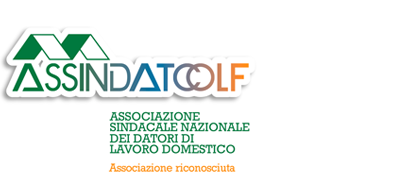
ASSINDATCOLF will participate in the different activities of the project in Italy, particularly the activities related to institutional partners. It is also responsible for the coordination of the monitoring and evaluation activities in the project.
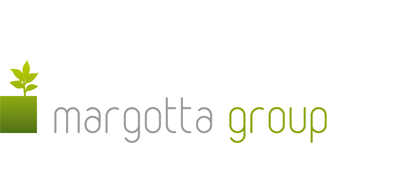
MARGOTTA GROUP main assignment is to test the training in Italy with 20 domestic workers, as well as evaluating the training programme in its entirety, in Italy and Spain.
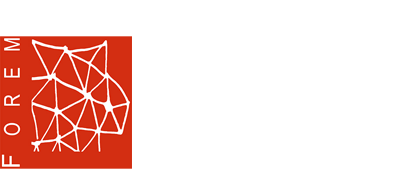
FOREM is responsible for the coordination of the "State of the art of domestic work in Europe" study, as well as developing a training programme and testing it in Spain with 20 domestic workers.
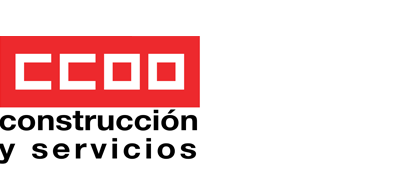
CCOO will participate in the different project activities in Spain, particularly those related to institutional partners. It will also coordinate activities to ensure the quality of deliverables throughout the project.
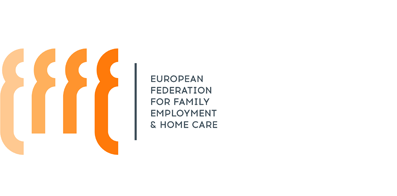
EFFE: the European Federation for Family Employment, who is committed to the recognition of domestic employment and services in Europe, will also participate in the project as associated partner.
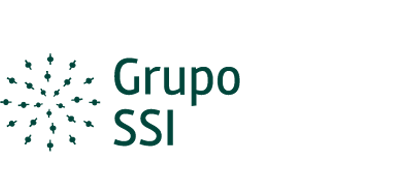
GRUPO SSI, based in the Basque country in Spain, it is a cooperative for domestic and personal care services which has preferred contacts with local public administration and regional employment services. It is interested in improving the training opportunities for these types of professionals, hence its interest in joining this project as associated partner.
The project started on November 1st, 2016 when the partners started discussing the situation of domestic workers in their respective countries. The various activities will last 36 months and will end in September 2019 with the final conference “Professionalising Domestic Work” in Paris.